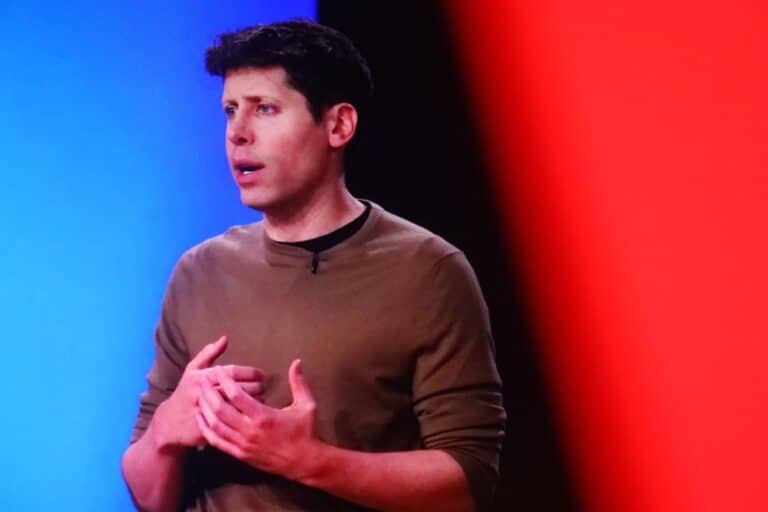Microsoft and OpenAI have revised their partnership with an agreement that lays the foundation for the coming years. The agreement follows shortly after OpenAI’s restructuring, which has transformed it into a Public Benefit Corporation (PBC). This PBC is controlled by the non-profit organization OpenAI Foundation.
A recapitalization should enable the foundation to continue pursuing its mission: to develop artificial general intelligence (AGI) that benefits all of humanity.
Microsoft holds a stake of approximately 27 percent in OpenAI Group PBC, valued at roughly $135 billion. OpenAI remains Microsoft’s primary partner in developing frontier models. Azure retains exclusivity for the provision of API services until AGI is officially achieved.
Microsoft’s intellectual property rights will be extended until 2032 and will also include future models developed after AGI, with additional security safeguards. The rights no longer apply to OpenAI’s consumer electronics, giving the company more freedom to develop its own products.
The recapitalization makes the OpenAI Foundation one of the best-funded philanthropic organizations in the world. It has a stake of approximately $130 billion in the commercial arm. The foundation uses its share value to fund social projects.
The first program involves $25 billion, focused on health and AI safety. With this, the foundation aims to develop open datasets for medical breakthroughs and invest in technical solutions that increase the resilience of AI systems.
During a livestream, CEO Sam Altman outlined plans and said an IPO is likely the next step, according to Reuters. Altman said the capital requirements for the further development of AI systems and data centers are enormous.
Altman will not receive any shares
OpenAI says it has commitments worth $1.4 trillion to deliver approximately 30 gigawatts of data center capacity. Ultimately, the company wants to build data centers that add 1 gigawatt of power per week, with construction costs reduced from $50 billion to $20 billion per gigawatt. It is striking that Altman, despite his central role, will not receive any shares in the new OpenAI. His salary will remain unchanged at $76,000 per year.
Under the new agreements, OpenAI may develop products with third parties. API services will remain exclusively linked to Azure, but other applications may run on different cloud platforms. Microsoft, in turn, can work independently on AGI, possibly with partners, within agreed computing limits.
OpenAI has also committed to purchasing $250 billion in additional Azure services, while Microsoft loses its right of first refusal as a computing service provider. Both parties speak of a new phase in their collaboration, focused on further innovation while maintaining social responsibility.
